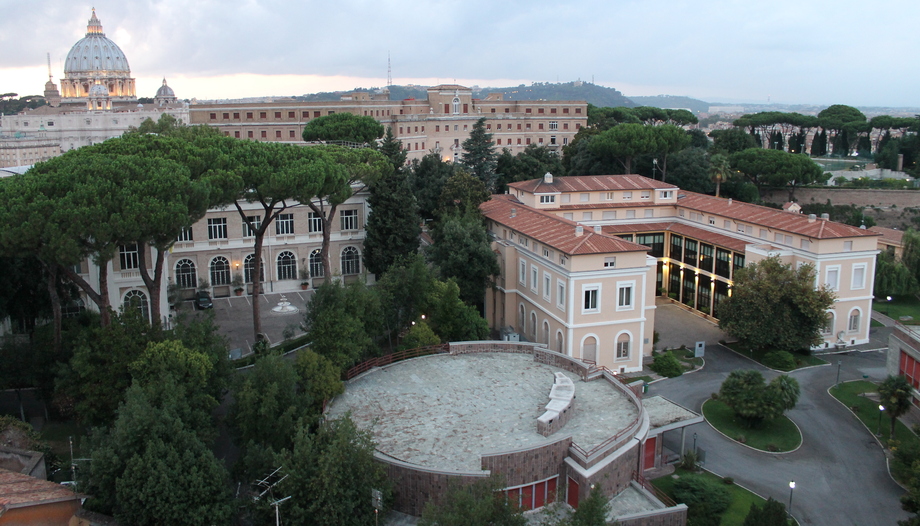In the context of the renovation required by the Pope Francis’ for the pontifical universities that depend directly on the Holy See, some significant updates have emerged in recent weeks regarding the Pontifical Urbaniana University.
This institution, which depends on the Dicastery for Evangelization, the Section for First Evangelization and the New Particular Churches, has always been mission-oriented and is now at the center of an important transformation process.
Reforms in progress
One year after the appointment of Professor Vincenzo Buonomo as Pontifical Delegate and Rector, some useful data have been leaked that give an idea of the reforms underway. As reported by Agenzia Fides, also dependent on the Missionary Dicastery, in ten months there has been a cost reduction of more than 1.5 million euros and a rationalization of the teaching staff. In fact, the number of permanent professors went from 62 to 47, while the number of lecturers was reduced from 113 to 40. The strategy followed consisted basically in eliminating duplicities and redundant academic paths.
However, this reform is not only about economic efficiency, but aims to improve the quality of the educational offerings, at least in the intentions of the Holy Father. In fact, addressing the participants in the recent Plenary Assembly of the Dicastery, Francis stressed that it is fundamental to enable the Athenaeum founded by his predecessor Urban VIII in 1627 to respond to the current needs of the Church and the world.
"We do not live in a Christian society, but we are called to live as Christians in today's pluralistic society," said the Pope, recognizing the importance of the formation given at the Urbaniana not being limited to transmitting knowledge, but being able to propose "intellectual tools capable of proposing themselves as paradigms of action and thought" to proclaim the Gospel in a world increasingly marked by cultural and religious pluralism.
Future challenges
The Plenary Assembly, not by chance, had been convened specifically to discuss the identity, mission and future of the Urbaniana, and was attended by cardinals, bishops and missionaries from all over the world. The working sessions gathered the contributions of 26 Episcopal Conferences, in particular from Africa and Asia, which emphasized the need to strengthen the missionary character of the University, reinforcing the link with the local Churches and improving the formation of ecclesiastical leaders called to face different cultural realities.
The Pontiff then reiterated - reassuring the concerns that have arisen in recent months - that there is no initiative on the horizon to "dissolve" this University with others already present in Rome and dependent on the Vatican. "No! This will not do," he said emphatically, insisting on the autonomy and missionary identity of the university located on the Janiculum Hill, a stone's throw from St. Peter's Square, making it clear that the future of the institution must be based on its specificity and its ability to embody the missionary impulse of the Church.
Broadening his gaze to academic institutions in general, Francisco explained that for an academic institution to be attractive requires a dedicated faculty, a strong commitment to academic research and the ability to make a significant contribution to doctrine.
He added that, in order to make good use of resources, it is necessary to unify similar paths among the various pontifical institutions, share professors and plan activities prudently, avoiding waste. "Do not be afraid of creativity: we need this healthy creativity."
Mission and internationalization
Regarding the objectives of the ongoing renovation, the need to expand and strengthen the research centers of the missionary university, which are crucial for its global vocation, emerged from the last meetings.
Pope Francis cited the Center for Chinese and Asian Studies as an example, with the hope that new centers dedicated to other geographical and cultural areas will be created. This reinforcement will not only allow the university to better address the specificities of local contexts, but will also favor the encounter between faith and changing cultures.
At the same time, it was encouraged to expand the network of seminaries and institutes affiliated to Urbaniana, which represent a bridge to the local Churches. With more than 100 institutes connected in 40 countries, the Athenaeum can count on a vast network of collaboration that reinforces its role as a promoter of evangelization worldwide.








